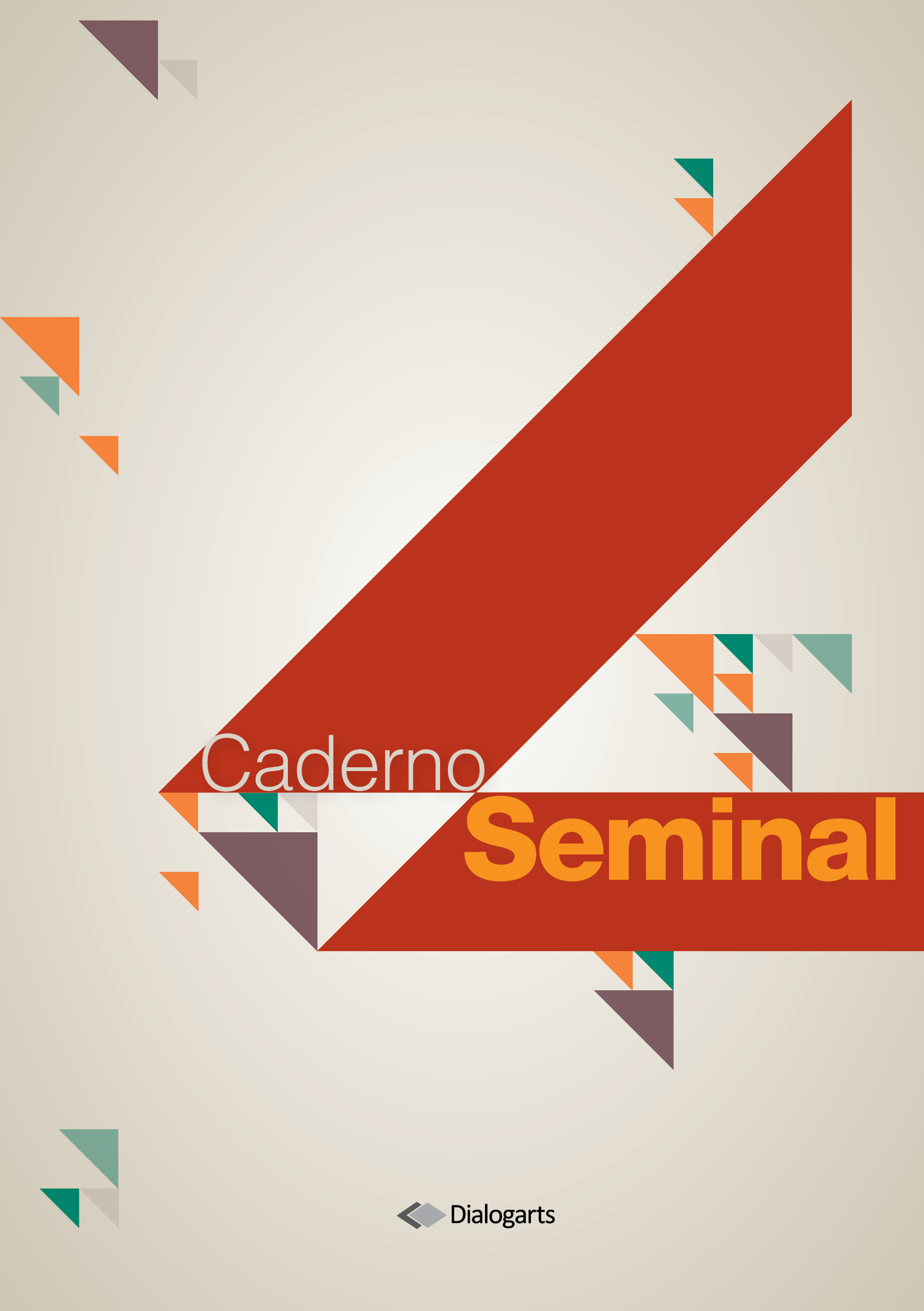AVALIAÇÃO DE JOGOS DIGITAIS PARA A ALFABETIZAÇÃO
Conteúdo do artigo principal
Resumo
Este trabalho busca avaliar jogos digitais de livre acesso, disponíveis para o exercício do princípio alfabético. A fim de subsidiar as análises, assumimos o escopo teórico da Psicolinguística para conceituar consciência fonológica e princípio alfabético. Para a avaliação dos jogos, adaptamos o Protocolo de Avaliação de Softwares Pedagógico (PASP), de Ribeiro (2013), selecionando cinco dos onze critérios propostos pela autora. As análises foram realizadas a partir da seleção de três diferentes plataformas digitais, das quais foram escolhidos os três jogos mais acessados pelos usuários, somando ao todo nove jogos avaliados. Os resultados revelaram lacunas em determinados jogos de alfabetização, especialmente ao buscar atividades de desenvolvimento da consciência fonológica. Em geral, os jogos digitais de alfabetização não são suficientes para ensinar a criança a ler e a escrever. Em alguns casos, os materiais podem, no máximo, servir como subsídio para praticar algum conhecimento já aprendido sob a mediação do professor. Sem a intervenção docente, portanto, não há garantia de desenvolvimento do princípio alfabetíco por meio de nenhum jogo digital analisado.
Downloads
Detalhes do artigo
Ao submeter seus manuscritos para publicação em nossos periódicos, os autores concordam com os seguintes termos:
a. Autores mantêm os direitos autorais e concedem à revista o direito de primeira publicação, com o trabalho simultaneamente licenciado sob a Creative Commons Attribution License, que permite o compartilhamento do trabalho com reconhecimento de sua autoria e da publicação inicial neste periódico.
b. Autores têm autorização para assumir contratos adicionais separadamente, para distribuição não exclusiva da versão do trabalho publicada neste periódico (ex.: publicar em repositório institucional ou como capítulo de livro), com reconhecimento de sua autoria e da publicação inicial neste periódico.
c. Autores têm permissão e são estimulados a publicar e distribuir seu trabalho online (ex.: em repositórios institucionais ou na sua página pessoal) antes ou durante o processo editorial, já que isso pode gerar alterações produtivas, bem como aumentar o impacto e a citação do trabalho publicado.

